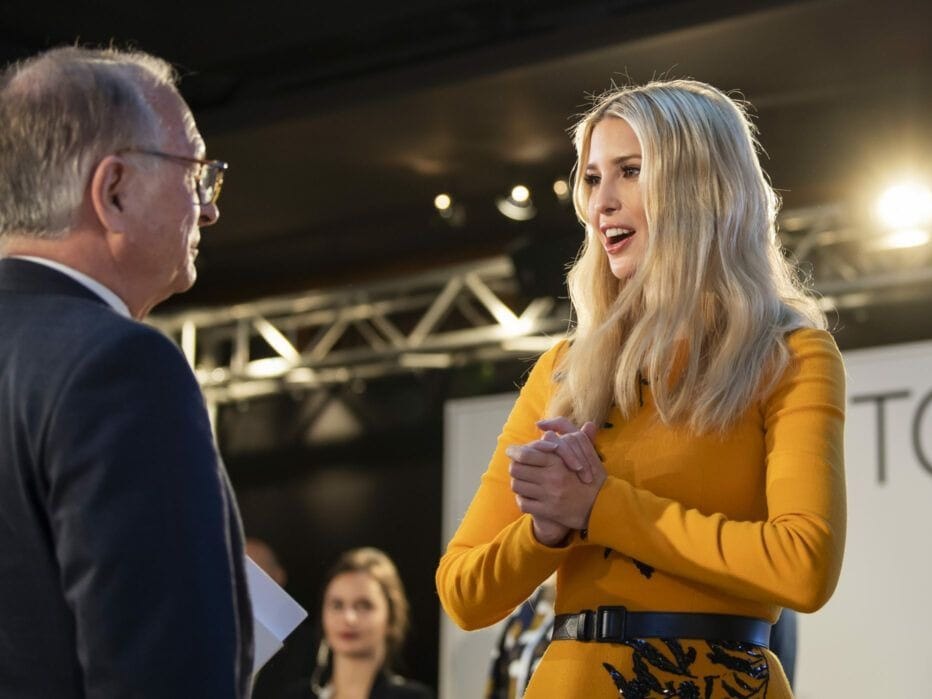European and Asian leaders attending the world's foremost security conference in Munich criticized U.S. President Donald Trump's enmity for international organizations and multilateral solutions, saying his isolationism put the world at more risk of conflicts and war.
At a gathering that underscored the breakdown in transatlantic relations under the Trump administration, Germany’s Foreign Minister Heiko Maas said Americans and Europeans must work together in the face of China's growing power. He said Trump's trade wars with China were costing American and European jobs.









